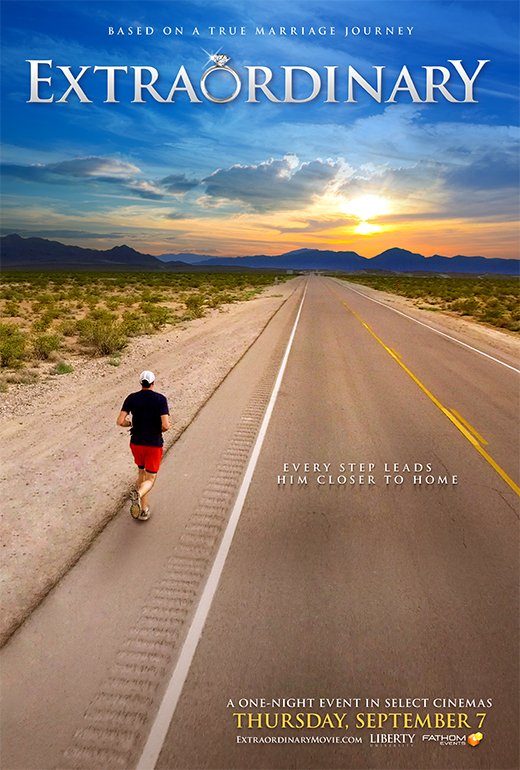Eric Liddell: A Life of Courageous Victory
By John A. Murray
Courage is the flower of conviction.
Hearing these words spoken at a recent conference, and considering current events, I couldn’t help but ask what does godly courage look like today?
In seeking answers to this question, I decided to revisit the life and story behind Olympic athlete Eric Liddell’s 400m race–the 100th anniversary we celebrate this summer in Paris.
Born to missionaries in China in 1902, Eric moved to his parents’ homeland of Scotland at the age of 5. Attending a London boarding school for missionaries with his brother Rob starting the next year, he would later emerge as an amazing athlete—skillful in both rugby and track.
At age 12, he won his school’s long jump, high jump, and 100-yard dash competitions, but he did not start to turn heads until his victories at the University of Edinburgh—particularly in the 100m and 200m races.
Eric’s performances at the 1923 Amateur Athletic Association Championships in London—where he set a British record in the 100m of 9.7 seconds–further engendered his consideration for the British Olympic team in the 1924 Paris games.
As a man of faith, Eric desired to use the gifts and talents God had given him. “My whole life had been one of keeping out of public duties but the leading of Christ seemed now to be in the opposite direction.”
Little did he know what was in store.
Chosen to compete for the U.K. in three Olympic events—the 100m, 200m, and 400m—Eric learned in late 1923 that the 100m heats were scheduled on a Sunday.
Believing the Sabbath was a day ordained by God for worship and rest, Eric informed the British Olympic Committee that he could not participate in the heats.
As David McCasland recounts in his biography, Eric Liddell: Pure Gold, “It was not an arrogant refusal; not a stubborn ‘I will not,’ but rather a heartfelt “I can not.’”
While the derision and pressure Eric faced for his decision not to run is famously depicted in the Academy Award winning film Chariots of Fire (1981), Liddell took great comfort from a note he received from a masseur of the British team on his way to the race: “It says in the Old Book, ‘Him that honours me, I will honour.’ Wishing you the best of success always.”
The film not only captures Eric’s often ridiculed running form in the climactic 400m—but more importantly the courage and joy of his convictions: “I believe God made me for a purpose, but he also made me fast. And when I run I feel His pleasure.”
Winning the race with a world-record time of 47.6 seconds, Eric could have easily seen his victory as a blessing from God for his obedience. But as his biographer notes, “Decisions based on principle needed no circumstantial vindication. The Almighty was gracious but not obligated to give first place in any of this world’s contests to the person who did his will.”
Eric lived out these beliefs, as witnessed through the hardships he would face on the mission field, where he returned to work with his father in China one year after his victory in 1925.
For the next twenty years, Eric courageously served the people of China—eventually dying of a brain tumor at the age of 43 in a Japanese internment camp during World War II.
Nevertheless, he emulated how even “death is swallowed up in victory.” For as it says in the Old Book, “Thanks be to God, who gives us the victory through our Lord Jesus Christ.”
John A. Murray is Head of Brookstone Schools in Charlotte, NC and author of In Whose Image? Image-bearers of God vs. The Image-Makers of Our Time
Questions or comments? Please write to us here.


 - Content:
- Content: 

